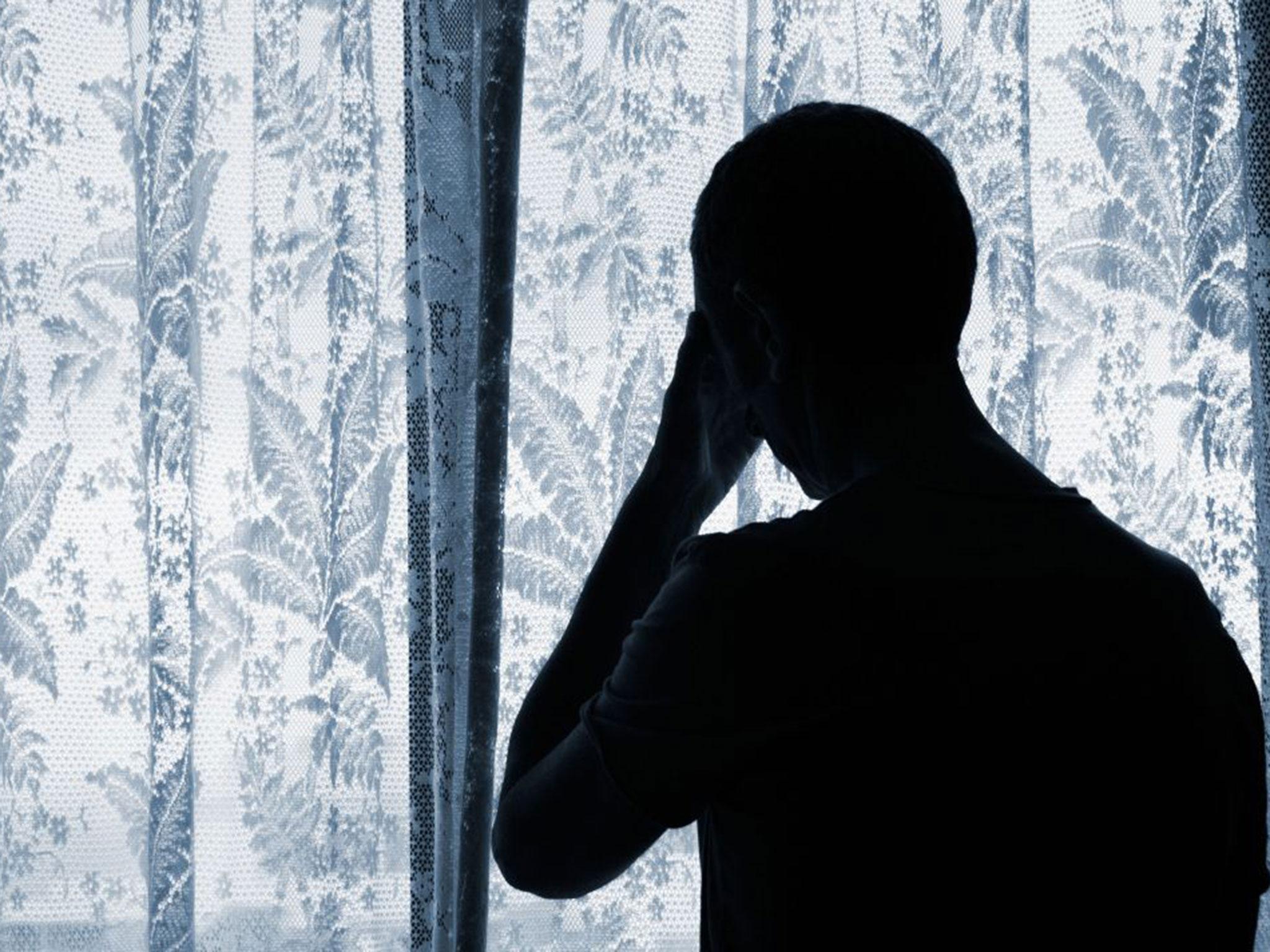Dozens of leading charities face insolvency after Government demands back pay for night-time carers
Vulnerable people could lose 'vital care' after HMRC demands £400m bill, warn charity chiefs

Dozens of leading charities could face insolvency within weeks after the Government ruled they must pay millions of pounds in back payments to overnight carers.
Around 200 disability charities, including Mencap, are said to face a bill of around £400m in back payments after new guidance was issued stating overnight carers must be paid the national minimum wage (NMW) for all hours.
Vulnerable people with learning difficulties face losing “vital” care as a result of the bills, charities have warned, with around 5,500 supported by Mencap alone set to be “majorly impacted”, while some may end up losing that support all together.
Under guidance issued by the Government in 1999, when the minimum wage was introduced, disability charities, which sent a carer overnight to look after someone with learning difficulties, were required to pay a flat rate “on call” allowance of £25 or £35 to cover the period when they were asleep.
But, following two tribunal cases in 2015 and last year, the Department for Business, Energy and Industrial Strategy (BEIS) changed the guidance in October to state that these organisations must now pay the minimum wage throughout the shift, meaning overnight carers would earn £60 for eight hours of sleep.
Mencap and other charities and companies are now warning that they cannot afford the huge and unexpected additional sums being demanded by HM Revenue & Customs (HMRC), even though they believe their staff should get the higher pay levels demanded by the business department.
Derek Lewis, chairman of the Royal Mencap Society, said “sleep-ins”, which are widely used in the sector, rarely see the carer disturbed during the night, citing research showing that 99.7 per cent of them slept peacefully.
“Sleep-ins are widely used in the learning disability sector to provide care for some of our most vulnerable adults, in their own homes in the communities they live in,” he said.
“The carer is only there ‘just in case’ to provide safety and reassurance and is rarely disturbed. Recent research which looked at the last three years showed that 99.7 per cent of carers slept peacefully.
“The unintended consequences have been disastrous as HMRC have begun enforcement action demanding six years’ back pay. Estimates of the costs to the Learning Disability sector are in the region of £400m and Royal Mencap Society will be severely affected.”
Mr Lewis added that “high politics, Brexit or the Parliamentary Recess” appeared to be “getting in the way” of talks between charities and the Government about the issue.
The national minimum wage for those aged 25 and over is £7.50 an hour, which will increase to £9 by 2020.
About 178,000 people with learning difficulties may lose their assistance at home because of changes to pay rates for 24-hour care, with one large provider ordered to come up with six years’ back pay by September, said Mr Lewis.
He added: “For many smaller care providers across the country, the financial impact will be devastating. The resulting multiple insolvencies will be more serious than Southern Cross because there will be no alternative providers available, as local authorities are already finding. We know that the Care Quality Commission is very concerned."
Jan Tregelles, chief executive of Royal Mencap Society, said: “We all recognise that our social care colleagues do some outstanding work and are some of the lowest paid, but we cannot pay them if we do not have the money and we only receive money from government sources.
“For someone with serious learning disabilities, having someone stay overnight ‘at home’ makes the vital difference between ‘living a life’ and spending the rest of their life in a hospital setting.
“178,000 of the most vulnerable people in our society need this help and may lose it. I am deeply saddened that the Government is putting at risk the very heart of care and support in this vital social care sector.”
Mencap employs around 5,500 carers on an overnight basis, and says it plans to appeal further next year.
A Government spokesperson said: “We recognise the vital role social care providers play in supporting some of the most vulnerable people in our society and workers in that sector should be paid fairly for the important job they do.
“The Government is considering this issue extremely carefully and ministers continue to meet with care providers to ensure any action taken to protect workers is fair and proportionate.”
Join our commenting forum
Join thought-provoking conversations, follow other Independent readers and see their replies
Comments